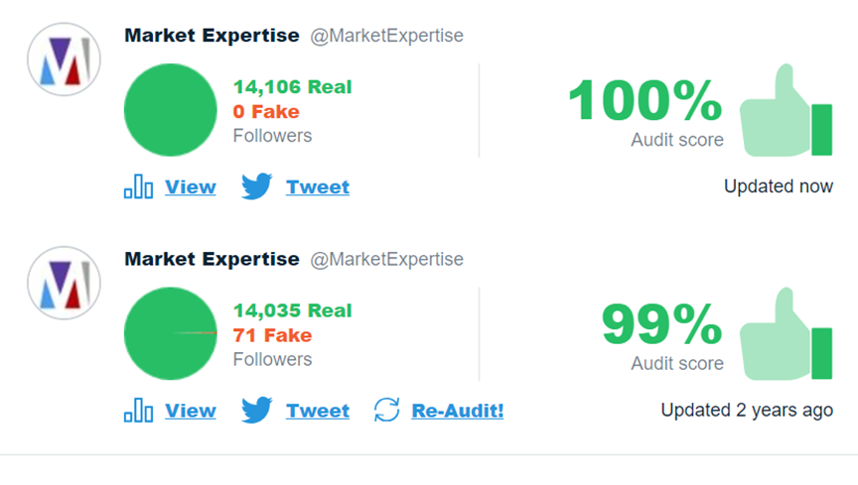In a world where seemingly everyone claims to be an expert or influential, how do you identify the real thing online?
A PR colleague once revealed his process for screening someone who claims to be a ‘social media guru’ is to first gauge how many Facebook or Twitter followers they have. Then, in his mind, for this line of work, there was a clear correlation between followers and credibility.
Of course, these days we know better – social media is rife with frauds, fakes and inflated egos.
In June 2018, Twitter announced it remove tens of millions of automated and fake accounts (representing about 6 per cent of its total membership) as part of reforms taking aim at social media fraud.
In January 2019, Facebook admitted fake accounts could make up to 5 per cent of its monthly active users – around 116 million accounts (credit CNET).
Studies reveal people use social media to satiate two primary needs:
- the need to belong
- the need for self-preservation.
That being the case, having a large number of followers could indicate a person is wildly popular, a ‘collector’, a bot, paying for followers, or a combination of the above.
It should not be presumed to be an indicator of influence or expertise.
The question remains then: how do you detect if someone really is worth following, or worth paying attention to? Here are three tips:
- Use relevant measures to identify and assess influence. Using my friend’s social media guru example, number of followers is an inadequate measure as they could be passive, personal, robotic or even fake followers. More relevant metrics would be frequency of interaction and engagement. That said, a Pew Research Centre study concluded bots are responsible for most links shared on Twitter.
- People often claim to have much deeper or broader expertise than they do. And they usually get away with it because the rest of us don’t know any better. As one authority eloquently pointed out, digital experts build businesses online; they don’t just create banner ads and micro-sites.
- Bear in mind, there’s no international standard for job titles. These days, colourful titles are de rigueur. Simply search LinkedIn for ‘Director of First Impressions’ or ‘Chief Happiness Officer’ to see what I mean. My point? A big title means very little.
When online, we’d be wise to remember the old adage, ‘If it looks to good to be true, it probably is’.
Are you a social media account holder who is curious to know how many of your followers are fake? There are free tools available to clean your social media accounts. We put our Twitter account through Twitter Audit. You can view the results below.

An early version of this article was published in Marketing.






